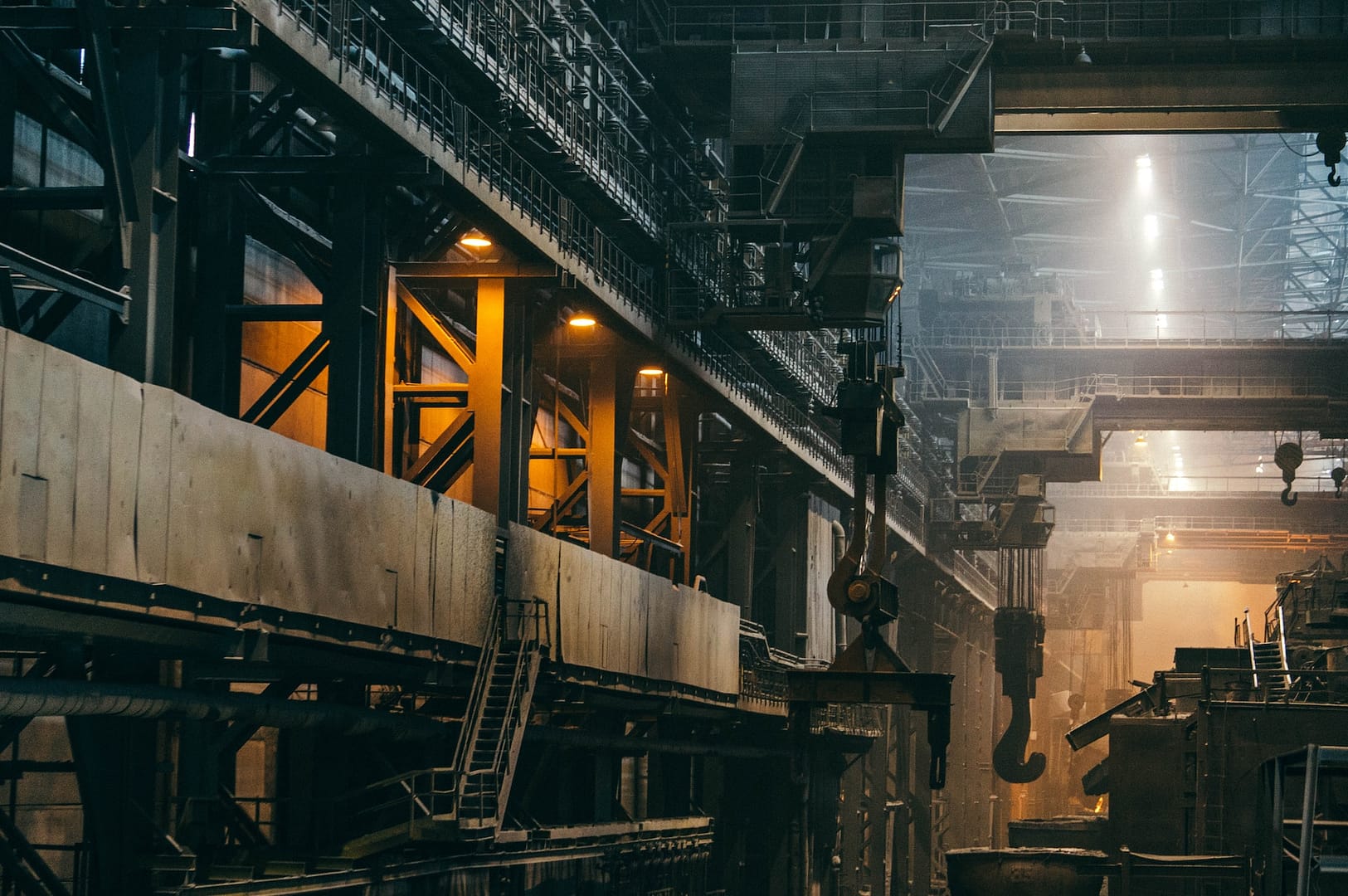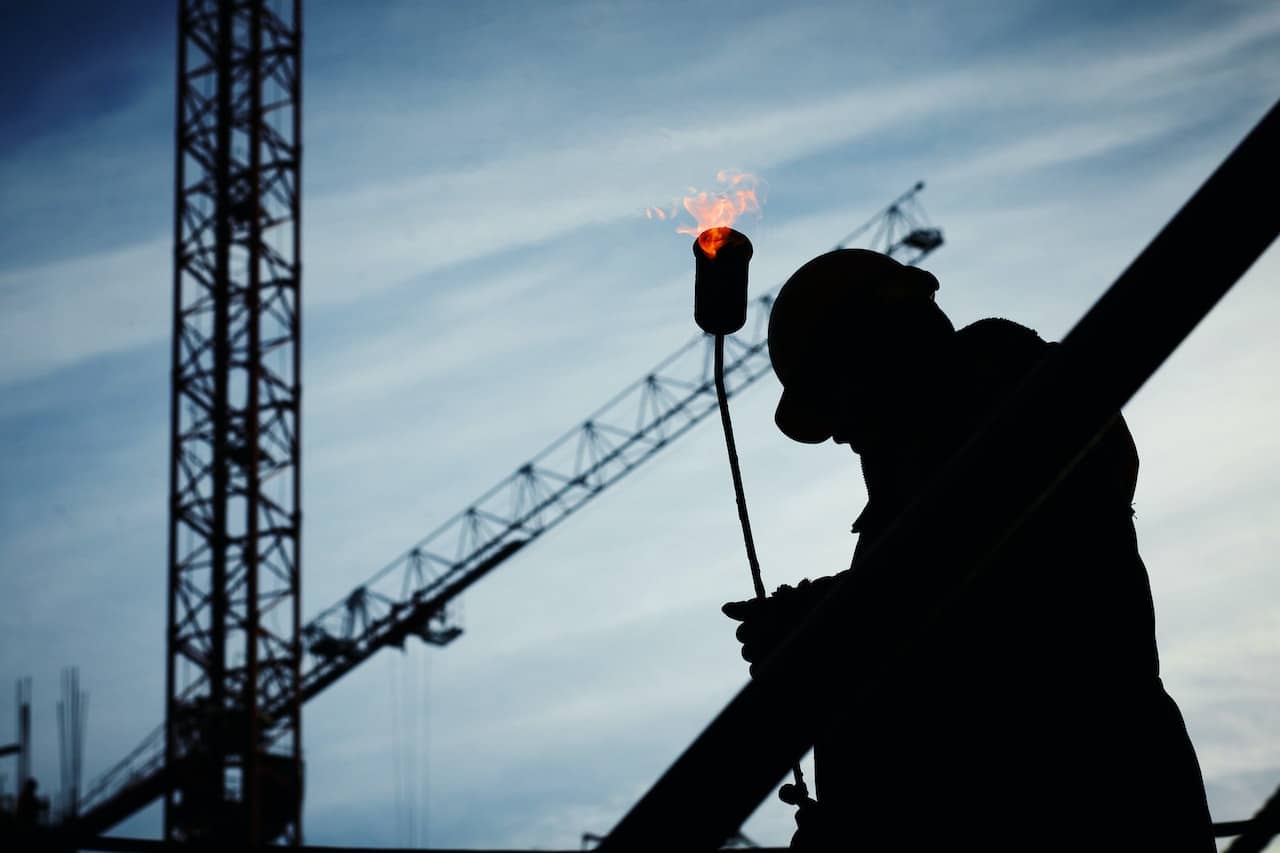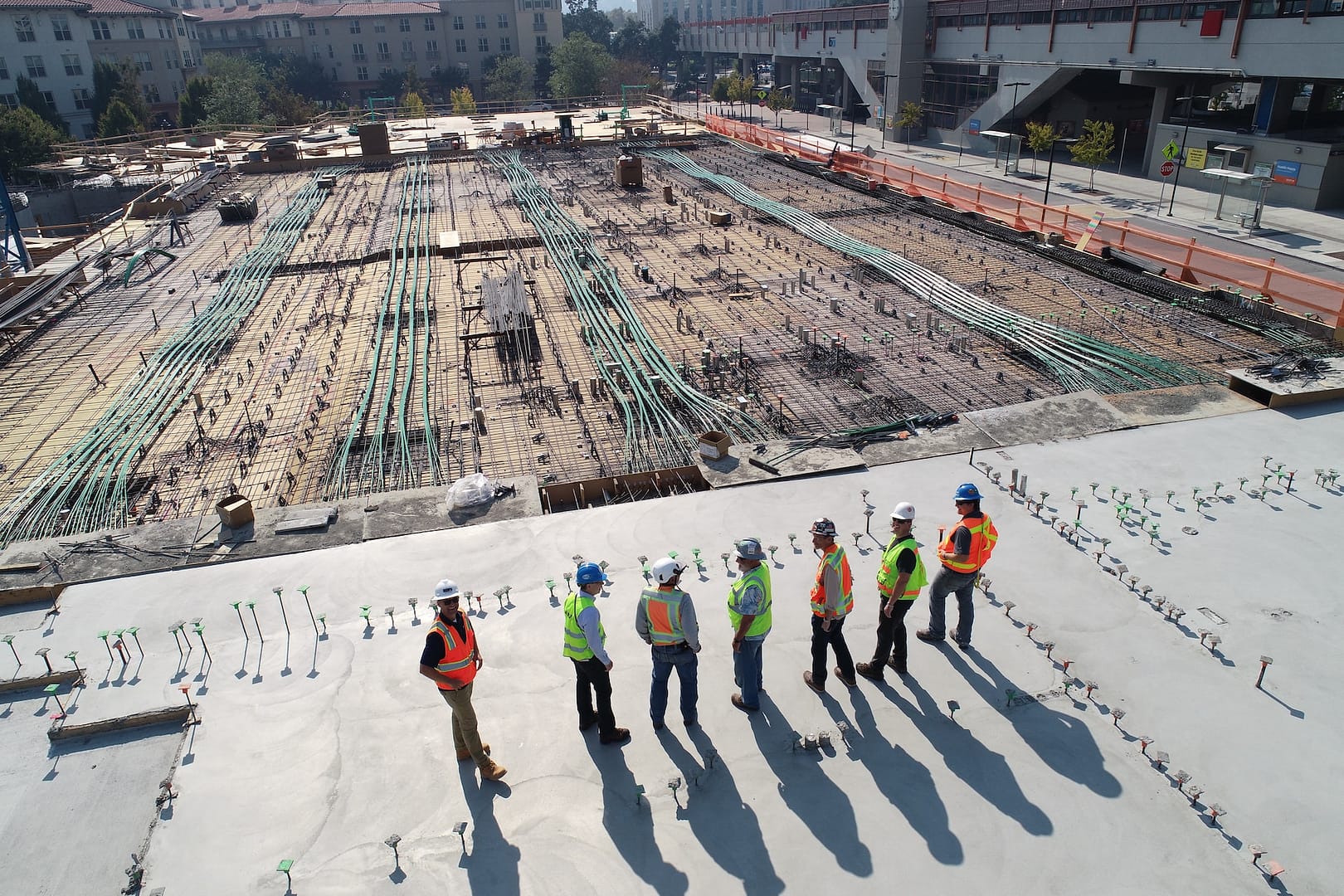Industrial accidents and serious personal injuries in the UK pose significant challenges to both employees and employers alike. These unfortunate incidents can have a profound impact on individuals and their families, often resulting in long-lasting physical, emotional, and financial consequences. In this article, we will delve into the topic, exploring the frequency of such accidents, the common causes, the measures taken to prevent them, and the process of making an accident at work claim.
The Magnitude of Serious Injuries in the UK Workplace
Each year, a concerning number of serious injuries occur in workplaces across the United Kingdom. These incidents are not only distressing for the individuals involved but also pose a substantial burden on the healthcare system and the economy as a whole. According to recent statistics, thousands of work-related injuries are reported annually, highlighting the need for increased awareness and preventive measures.
The Top 5 Causes of the Most Common Work-Related Injuries
Understanding the primary causes of industrial accidents is crucial in devising effective strategies to minimize their occurrence. While numerous factors contribute to workplace injuries, let’s take a closer look at the top five causes of the most common work-related injury cases in the UK:
Slips, Trips, and Falls
Slips, trips, and falls account for a significant portion of workplace injuries in the UK. These incidents often result from hazards such as wet or uneven surfaces, poorly maintained walkways, and inadequate safety precautions. Employers must prioritize regular maintenance, effective signage, and the implementation of safety protocols to mitigate the risk of these accidents.
Manual Handling and Lifting
Improper manual handling and lifting techniques contribute to a substantial number of workplace injuries. Employees involved in tasks requiring lifting, pushing, or pulling heavy objects are particularly vulnerable. Employers should provide adequate training on correct lifting techniques, enforce the use of appropriate equipment, and ensure that loads are within manageable limits.
Struck by Moving Objects
Being struck by moving objects can cause severe injuries in various work environments. Falling tools, equipment, or materials, especially from heights, pose a significant risk to workers. Employers should prioritize the use of safety barriers, personal protective equipment (PPE), and regular inspections of equipment to prevent such accidents.
Machinery Accidents
Working with machinery and equipment presents inherent risks, and accidents involving these can result in devastating consequences. Lack of proper training, inadequate maintenance, or the absence of safety guards are common contributors to machinery-related accidents. Employers must ensure that employees receive comprehensive training, adhere to safety guidelines, and conduct regular maintenance checks.
Workplace Violence
While relatively less common, workplace violence can lead to severe injuries and even fatalities. This can include physical assaults, threats, or harassment by colleagues, clients, or members of the public. Employers should establish clear policies against workplace violence, encourage open communication, and provide appropriate security measures to ensure the safety and well-being of their employees.
Preventive Measures and Safety Initiatives
To mitigate the occurrence of industrial accidents and serious injuries, various preventive measures and safety initiatives have been introduced across the UK. These efforts aim to create a safer work environment and protect employees from potential harm. Some of the key initiatives include:
Health and Safety Regulations
The UK government has implemented stringent health and safety regulations to ensure employers maintain safe workplaces. These regulations outline specific requirements and guidelines that businesses must adhere to, including risk assessments, training, and the provision of necessary safety equipment.
Workplace Training Programs
Employers play a crucial role in promoting workplace safety through comprehensive training programs. These programs should cover essential topics such as hazard identification, emergency procedures, proper use of equipment, and safe working practices. By equipping employees with the knowledge and skills they need, the risk of accidents can be significantly reduced.
Regular Safety Inspections
Conducting regular safety inspections allows employers to identify potential hazards and take corrective actions promptly. Inspections should cover areas such as building maintenance, equipment functionality, and compliance with safety regulations. By addressing any identified issues promptly, employers can create a safer working environment.
Promoting Safety Culture
Fostering a culture of safety within an organization is crucial to preventing accidents. This involves creating an open environment where employees feel comfortable reporting hazards and near-miss incidents. Employers should actively encourage employee engagement, provide channels for reporting concerns, and recognize and reward safety-conscious behaviors.
Making an Accident at Work Claim
In cases where an industrial accident leads to a serious injury, it is important for the affected individual to understand their rights and options. Making an accident at work claim allows injured employees to seek compensation for their physical and emotional damages. The process generally involves the following steps:
Reporting the Incident
It is crucial to report the accident to the employer or supervisor as soon as possible. This helps establish an official record of the incident and ensures that appropriate actions are taken.
Seeking Medical Attention
Seeking prompt medical attention is essential for both immediate treatment and documentation of injuries. Medical records play a vital role in supporting the accident claim.
Gathering Evidence
Collecting evidence related to the accident and injuries can strengthen the claim. This may include witness statements, photographs of the accident scene, medical records, and any other relevant documentation.
Consulting National Claims
Seeking advice from us at National Claims, where we specialise in workplace accidents is highly recommended. We will provide guidance on legal rights, assist in gathering evidence, and represent the injured individual throughout the claim process.

Conclusion
Industrial accidents and serious injuries in the UK continue to be a cause for concern. By understanding the magnitude of these incidents and the common causes, we can work toward preventing them. Employers must prioritize workplace safety, implement preventive measures, and foster a culture that values the well-being of employees. Additionally, individuals who have experienced serious injuries at work should be aware of their rights and consider making an accident at work claim to seek appropriate compensation. Together, we can strive to create safer work environments where the risk of industrial accidents and serious injuries is significantly reduced.
Contact us now to start your claim and to speak with one of our friendly claims specialists.
Click below to see why we are one of the most trusted claims management companies in the UK.

We’re proud of our excellent customer reviews
We thrive on delivering exceptional service and ensuring our clients’ satisfaction. Don’t just take our word for it. Check out some of our independent reviews to see what our clients have to say.
Excellent

This firm is excellent, they sorted out my car pay out and injury claim very fast, they always communicate with you all the time.

My accident case was dealt with confidence and with great result of the outcome, especially James kept me informed all the time.

I was very impressed at the way my inquiry was treated. I was listened to attentively and everything I needed to know was explained to me.






